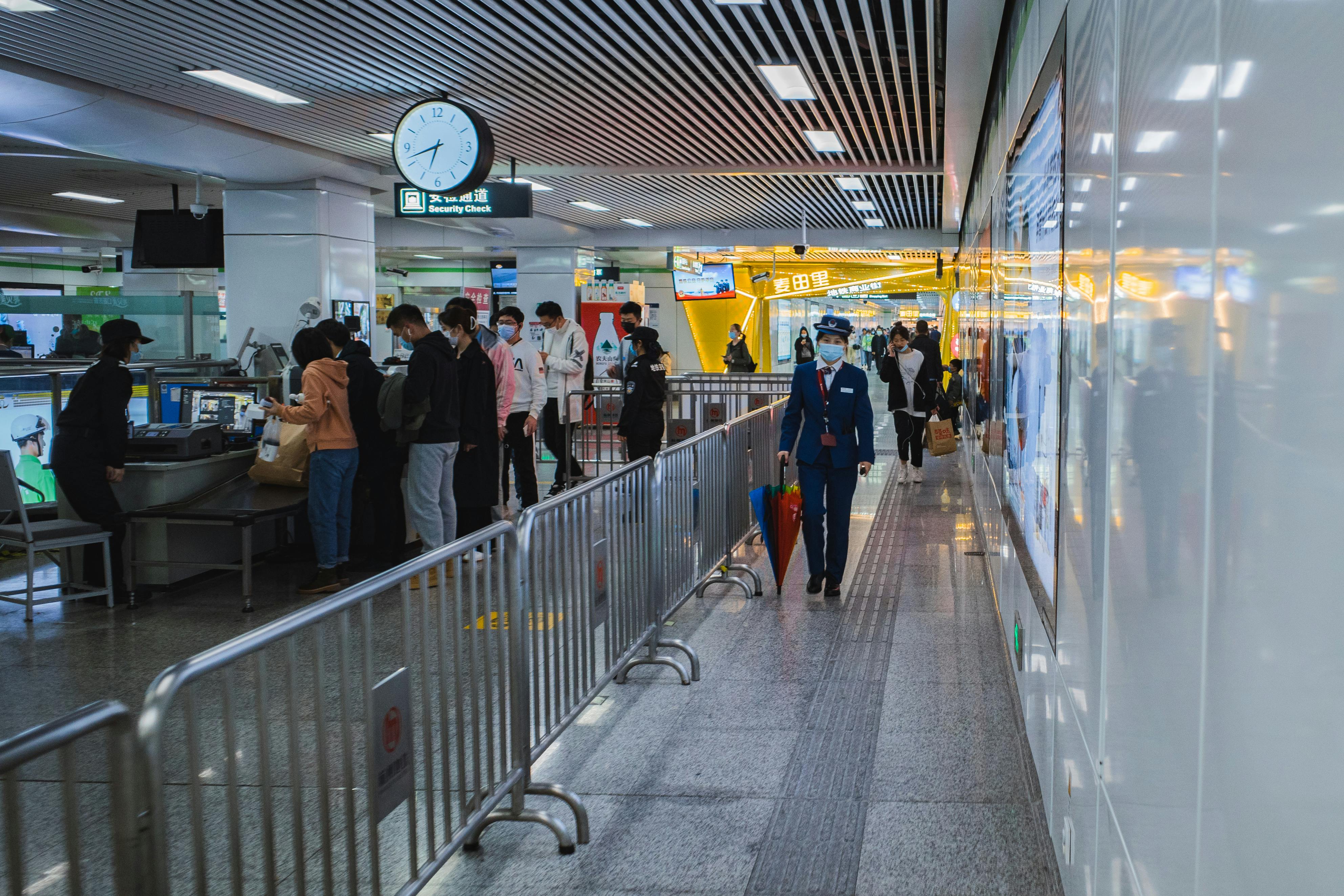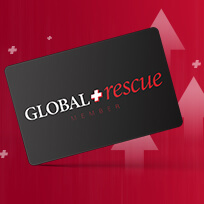Related Posts

Mar 13, 2025 6 mins read
Navigating The Future of Travel in 2025: Travel Security, Overtourism and Experiences

Mar 12, 2025 5 mins read
Svalbard and Lofoten Islands: Navigating Norway’s Most Remote Travel Destinations

Mar 11, 2025 7 mins read
Global Healthcare Excellence: Top Destinations with Outstanding Hospitals

Mar 07, 2025 6 mins read
Top Paragliding Jumps: The Best Paragliding Destinations

Mar 06, 2025 4 mins read
Ascending Aconcagua: A Climb to the Roof of the Andes

Mar 04, 2025 8 mins read
A Visitor’s Guide to Qatar, Kuwait, Oman, and Beyond

Feb 27, 2025 8 mins read
Biometric Security and the Latest Airport Tech for Travelers

Feb 25, 2025 10 mins read
Red Light, Blue Light: Tips To Light Up Amsterdam
Act Now! Lock in your rate by March 31st


Act Now! Lock in your rate by March 31st
Buy or renew a Global Rescue membership today before prices go up after March 31st.
Memberships start as low as $139. Hurry and save, prices go up soon.
General TotalCare Disclaimer:
- ©2025 Global Rescue LLC. TotalCare and the TotalCare logo are service marks of Global Rescue LLC. All Rights Reserved. Global Rescue LLC provides technical and administrative services to Elite Medical Group, P.C. (“Elite Medical”), a professional corporation owned by licensed physicians that employs or contracts with physicians licensed to practice medicine where medical services are provided. It is not guaranteed that a prescription will be written, nor will any DEA controlled substances, non-therapeutic drugs and certain other drugs which may be harmful because of their potential for abuse, as a result of a TotalCare consultation. Elite Medical physicians reserve the right to deny care for potential or actual misuse of services. The Global Rescue Mobile App is designed for operation on the current versions of Android and iOS operating systems. Availability of services is subject to your equipment compatibility, connectivity and signal in your location. There is no guarantee that all features and functionality will be available in your location. Use and availability of the Mobile App is subject to your service provider’s plan and may be subject to additional fees from your provider.
Extended Plan TotalCareSM:
- For individuals 85+, medical transport is not included in membership. Members 85+ may purchase medical transport on a fee for service basis.
Mobile Apps:
- Global Rescue Mobile Apps are designed for operation on the current versions of Android and iOS operating systems. Availability of services is subject to your equipment compatibility, connectivity and signal in your location. There is no guarantee that all features and functionality will be available in your location. Use and availability of the Mobile Apps are subject to your service provider’s plan and may be subject to additional fees from your provider. The download and use of a Global Rescue Mobile App is subject to the terms of your Member Services Agreement and the applicable End User License Agreement (EULA).
Mobile Apps:
- Global Rescue Mobile Apps are designed for operation on the current versions of Android and iOS operating systems. Availability of services is subject to your equipment compatibility, connectivity and signal in your location. There is no guarantee that all features and functionality will be available in your location. Use and availability of the Mobile Apps are subject to your service provider’s plan and may be subject to additional fees from your provider. The download and use of a Global Rescue Mobile App is subject to the terms of your Member Services Agreement and the applicable End User License Agreement (EULA).

